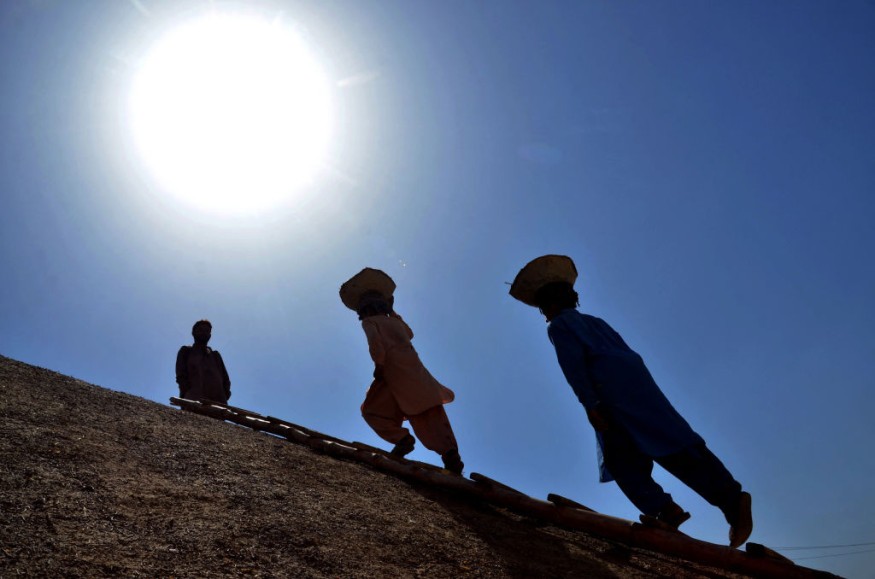Climate experts have described the extreme heat waves as a "silent but increasingly common killer" as the world experiences increased heat days.

Silent Killer
The Intergovernmental Panel on Climate Change (IPCC) has reported that in the summer of 2022, heat-related stress claimed the lives of about 62,000 people in Europe alone.
The International Federation of Red Cross and Red Crescent Societies (IFRC) released a new analysis that examines how climate change has contributed to an increase in extreme heat days globally over the previous 12 months.
"What we are now going through is a very silent but increasingly common killer-hheat-that was particularly disastrous last year," said climatologist Friederike Otto, co-lead of World Weather Attribution at Imperial College London and one of the authors of the report.
Like every other month during the last 12 months, May this year was the hottest May yet.
Scientists stressed that due to human-caused climate change, every heat wave that occurs now is hotter and lasts longer than it would have. They mentioned that the current temperatures in India and Pakistan were roughly 50 degrees Celsius (122 degrees Fahrenheit).
As India is still suffering from the worst heatwave on record, at least 18 people have passed away from heatstroke. According to reports, one person perished in Delhi and ten in the eastern states of Odisha and Bihar, respectively.
Though they are still looking into the cause of the deaths, state officials believe the heatwave was a factor.
According to Sudharani Pradhan, superintendent of the said hospital, some of the patients had experienced temperatures of 103 to 105 degrees Fahrenheit.
The hospital official noted that since there is a heatwave condition in the state, they speculated that the deaths recorded could be due to some heat-related illness.
2023 was officially the hottest year on record, according to the World Meteorological Organization. It was 1.45 degrees Celsius warmer than the pre-industrial normal, nearly meeting the 1.5 degrees Celsius global warming goal set by the Paris Climate Agreement.
Health Risk
In other words, 6.8 billion individuals, or 78% of the world's population, have experienced at least 31 days of extreme heat. The paper claims that the average person on the planet has experienced 26 extra extremely hot days, "which probably would not have occurred without climate change."
"Heat harmed especially vulnerable people: the elderly, the very young, and those with pre-existing health conditions," as well as healthy people exposed to extreme temperatures, "like outdoor workers in construction or agriculture and people living in refugee camps."
The World Health Organization claims that the studies demonstrate that the risks to health associated with climate change have been "crucially underestimated" for both older and younger populations, as well as during pregnancy, "with serious, often life-threatening implications."
For instance, the organization reports that when temperatures are extremely high, premature births, which are the primary cause of fatalities among children.
It also reported spike during heatwaves and the tendency for older people to suffer heart attacks or even respiratory distress.
Otto stated that in order to keep the issue from getting worse, fossil fuel use must end.
© 2026 NatureWorldNews.com All rights reserved. Do not reproduce without permission.





